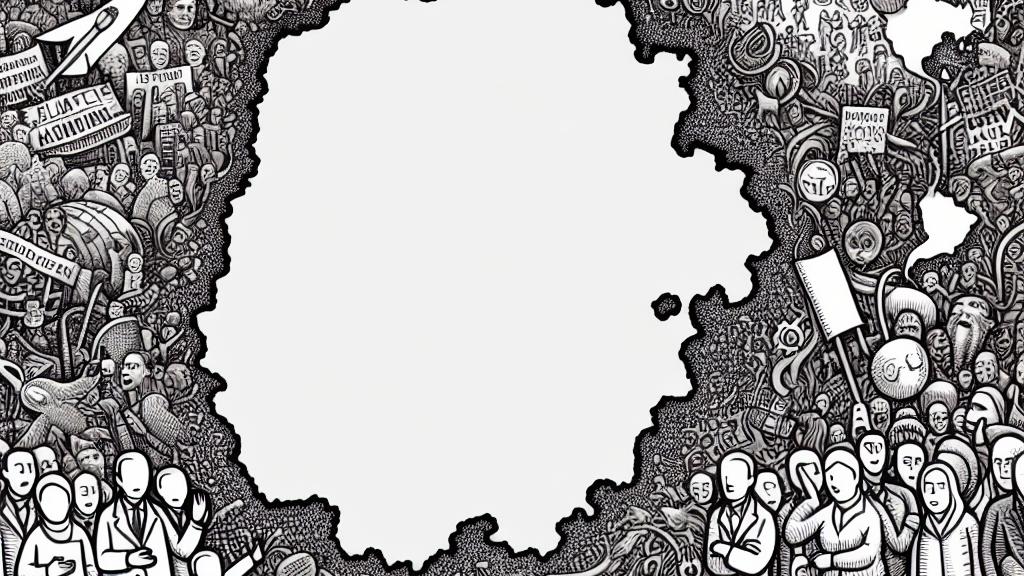Understanding the Silence on Climate Change in German Politics
Overview
- Political parties are largely silent on climate change during campaigns.
- Populist movements effectively redirect focus from environmental issues.
- Youth activism demands urgent climate action and representation.

A Shift in Political Focus
As Germany prepares for its critical elections on February 23, 2025, a concerning trend is undeniably apparent: the climate crisis has taken a backseat in discussions led by major political parties. After the unexpected collapse of the governing coalition in late 2024, leaders seem hesitant to tackle this vital issue and instead prioritize subjects like migration and the economy—topics they believe resonate more with voters' immediate concerns. This blatant sidestepping of climate discussions raises alarms, for it jeopardizes our planet’s future. The question looms large: how can leaders ignore the very challenges that could shape our world for generations to come?
Populist Parties and Their Impact
The rise of far-right populist parties, notably the Alternative für Deutschland (AfD), significantly contributes to the climate crisis being overlooked. This party's leaders openly deny the reality of man-made climate change, using fear tactics that emphasize economic instability to draw votes. By questioning the necessity of addressing environmental issues, they effectively sidetrack the electorate from crucial debates that could guide us toward sustainable solutions. As a result, many voters prioritize short-term economic guarantees over long-lasting ecological strategies. This misdirection is more than mere distraction; it’s a deliberate tactic that not only endangers our environmental future but also showcases a shocking lack of leadership and responsibility.
Diverging Voter Perspectives on Climate Policies
Interestingly, perspectives on climate policies reveal a significant divide among voters. For instance, research shows that while only around 23% of AfD voters consider an energy transition vital for reaching climate goals, a staggering 93% of Green Party supporters believe such a shift is imperative. This stark contrast reflects a generational gap: younger voters, increasingly alert to the impending climate threats, passionately advocate for concrete governmental action. In contrast, supporters of populist parties often express deep fears about rising energy costs and potential job losses tied to shifting to greener alternatives. This scenario is a poignant reminder that while some are eager for action, others find themselves torn between fear of economic repercussions and the dire need for environmental sustainability.
The Resounding Call for Climate Action
Amidst this political backdrop, a powerful wave of activism is surging among Germany's youth. They refuse to stay silent; instead, they passionately demand the inclusion of climate change in political discussions. Numerous protests have erupted across the nation, demonstrating a clear call for more robust action from leaders. With the specter of extreme weather events—like devastating floods and scorching heatwaves—becoming the new normal, citizens are waking up to the harsh realities of climate change. The youth movement vividly illustrates that the younger generation is not just making noise; they are insisting on change, urging politicians to take meaningful steps in addressing this persistent crisis. The urgency is palpable: if decisive actions do not unfold soon, future generations will likely face dire and irrevocable consequences.

Loading...